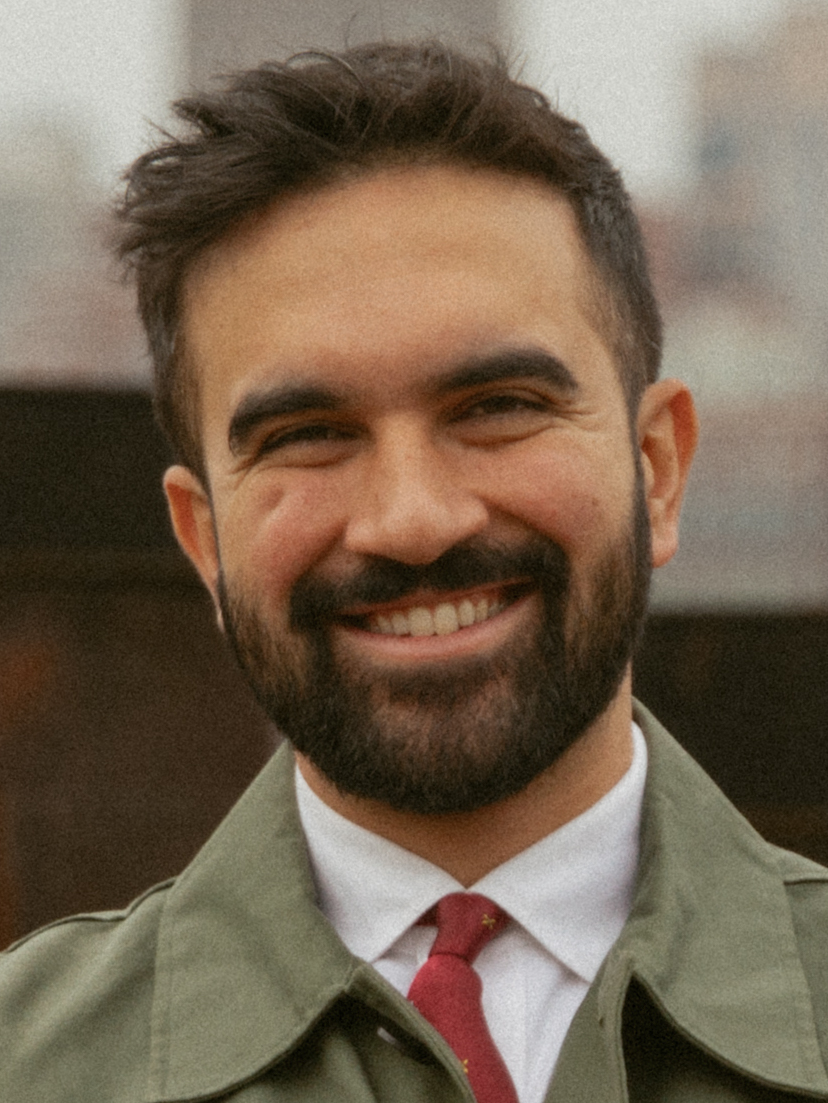Key Takeaways
• New York City Mayor-elect Zohran Mamdani vowed to arrest Netanyahu under an ICC warrant on his first day.
• Republican Councilwoman Inna Vernikov invited Prime Minister Netanyahu and dared Mamdani to act.
• Legal experts say the NYPD has no power to arrest a foreign leader on international war crimes charges.
• The United States does not recognize the International Criminal Court’s authority.
Arrest Netanyahu: Mamdani’s Bold Promise
New York City’s incoming mayor, Zohran Mamdani, promised during his campaign that he would arrest Benjamin Netanyahu if the Israeli prime minister set foot in the city. That promise now hangs over Mamdani’s first day in office. On January 1, Netanyahu could visit New York City for an event. If he does, Mamdani said he would use the city’s police force to carry out an arrest warrant issued by the International Criminal Court.
Mamdani’s Campaign Promise
During his run for mayor, Mamdani spoke often about standing up for human rights and international justice. He highlighted the ICC warrant that named Netanyahu for alleged war crimes in Gaza. Mamdani told voters he would not rely on federal leaders to enforce such warrants. Instead, he said cities like New York must lead. Then, he added the dramatic pledge: he would arrest Netanyahu in New York.
Many supporters cheered this vow. They saw it as a sign that Mamdani would put principle before politics. However, some critics warned the promise might be more political theater than realistic policy. Still, Mamdani stood firm. In a September interview with a major newspaper, he described the pledge as a duty. “We must act on our values,” he said.
The ICC Warrant Explained
Last year, the International Criminal Court issued an arrest warrant for Netanyahu and his former defense minister. The court accused them of war crimes and crimes against humanity during a deadly conflict in Gaza. That conflict claimed tens of thousands of lives and drew sharp international criticism.
The ICC is based in The Hague. It aims to hold leaders accountable for global crimes. But the United States never joined the ICC. As a result, American courts do not recognize its rulings. This fact creates a huge barrier for Mamdani’s plan. Even if Mamdani orders an arrest, the warrant has no legal force on U.S. soil.
Why Arrest Netanyahu Faces Legal Hurdles
Legal experts point out that city police cannot enforce international warrants. The NYPD enforces state and city laws. It lacks authority to arrest a foreign head of government on international charges. Moreover, any arrest must follow U.S. and New York law. To detain Netanyahu, he would need to break a local law first.
Furthermore, diplomatic immunity protects many high-ranking foreign officials. That protection extends to heads of government while they carry out official duties. Therefore, Netanyahu would likely be immune from arrest if he visited New York for public events. Even more, the U.S. State Department could intervene to shield him.
Councilwoman’s Challenge
On Tuesday, Republican Councilwoman Inna Vernikov entered the spotlight. She sent a public invitation to Netanyahu to speak in New York City on January 1. At the same time, she challenged Mamdani to keep his promise. In her message, she wrote that New York would always stand with Israel. She called Mamdani a radical Marxist and dared him to arrest the prime minister.
Her move adds political drama to the situation. By inviting Netanyahu, Vernikov forces Mamdani to confront his pledge. If Netanyahu accepts, Mamdani must either carry out the arrest or back down. Either choice has big consequences. Acting could spark a legal battle and diplomatic row. Failing to act could make Mamdani look weak or insincere.
Legal Experts Doubt Authority
Columbia Law School professor Matthew Waxman described Mamdani’s promise as a political stunt. Experts tell us that no mayor has arrested a foreign leader on an international warrant. They explain that the U.S. does not recognize the ICC. Also, city police lack jurisdiction over foreign war crime charges.
In addition, anyone detained for such reasons would quickly be released by courts. A judge would rule the warrant ineffective in New York. That outcome could embarrass the city and Mamdani’s office. Many believe Mamdani knows these risks. They think his vow aimed to energize voters more than plan real action.
What Happens Next
January 1 will test Mamdani’s pledge. If Netanyahu accepts Vernikov’s invitation, New York could become the center of an international showdown. Mamdani will face a stark choice: maintain his promise or acknowledge legal limits.
Many watch this drama to see if mayoral power can meet global justice demands. Yet, most legal minds expect Mamdani to find a way to honor his values without a formal arrest. He might issue a symbolic statement or convene a city hearing on war crimes. In any case, this standoff highlights the limits of city authority in world affairs.
Frequently Asked Questions
What does the ICC warrant against Netanyahu mean for New York City?
The ICC warrant alone has no legal power in New York. The city does not recognize ICC rulings. City police cannot enforce international court decisions.
Can the mayor override diplomatic immunity to arrest a foreign leader?
No. Diplomatic immunity protects visiting heads of government. U.S. law and international agreements shield them from city-level arrests.
Why did the mayor-elect make this promise?
He aimed to show commitment to human rights and rally supporters. The pledge underscored his stance on international justice.
What could the mayor do instead of an arrest?
He could hold public forums, pass symbolic resolutions, or seek federal action. These steps express values without legal conflict.
